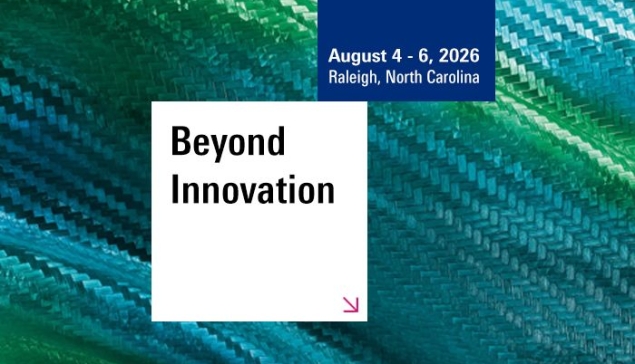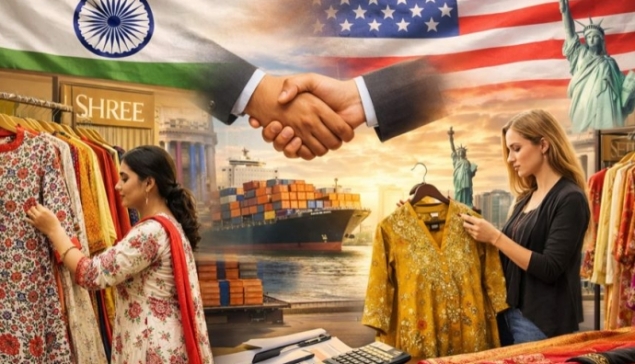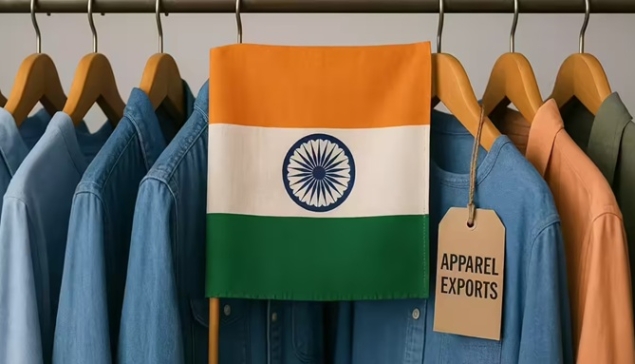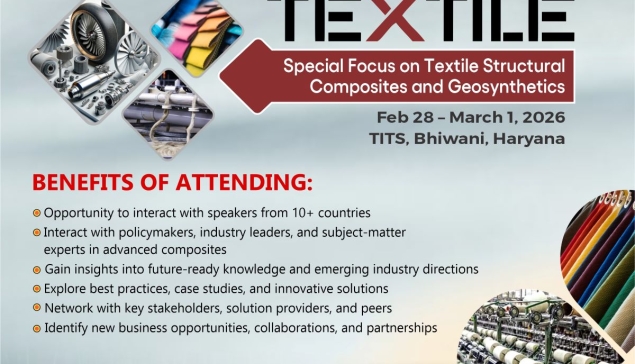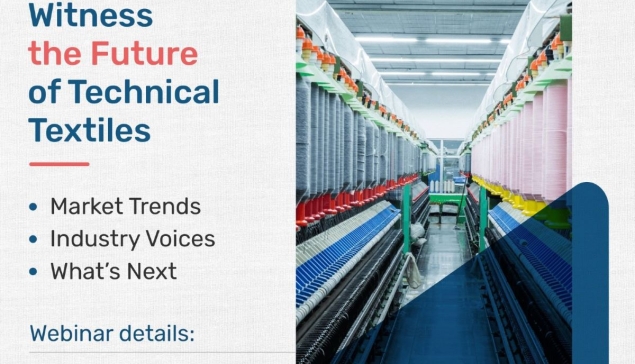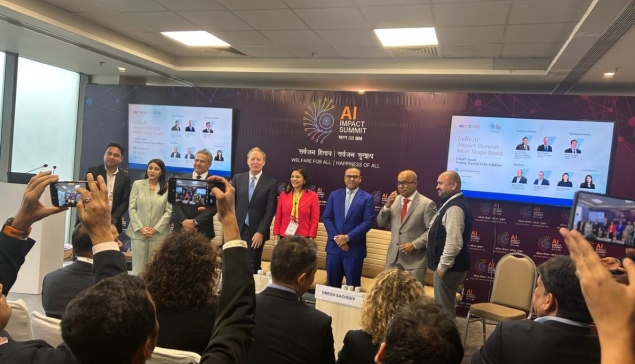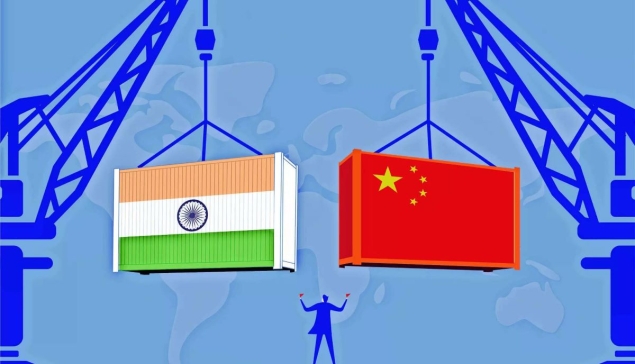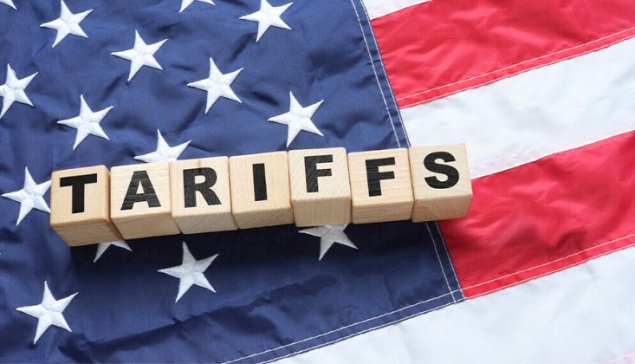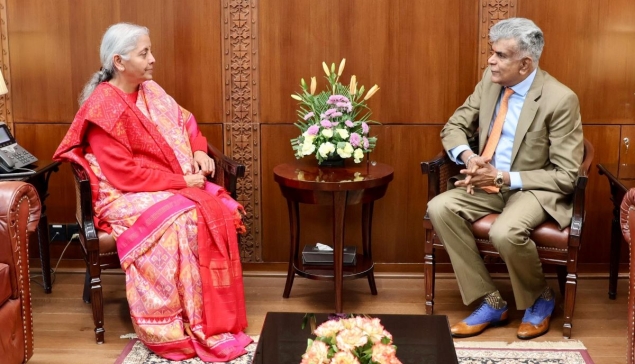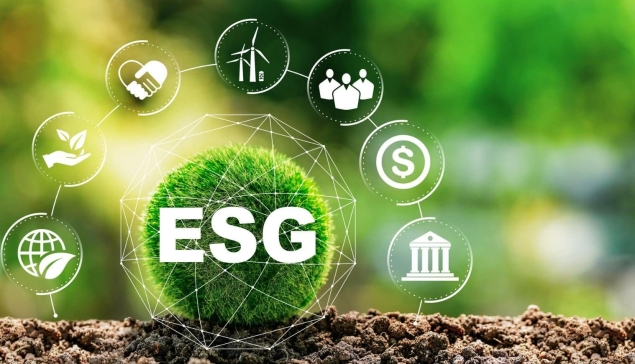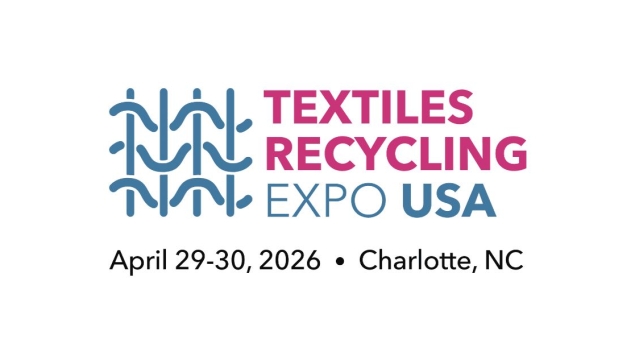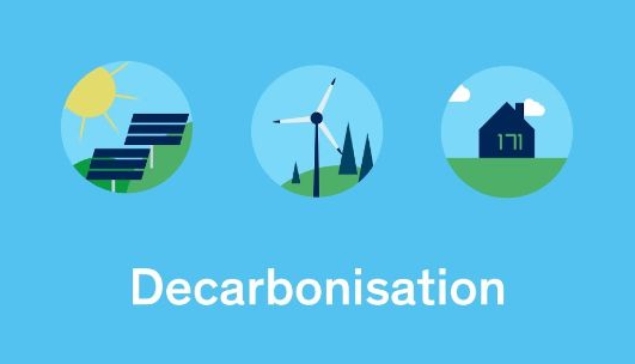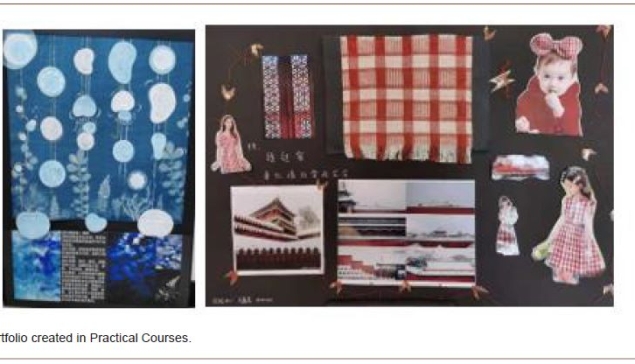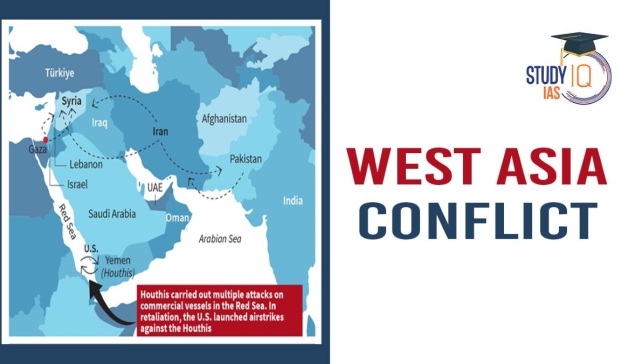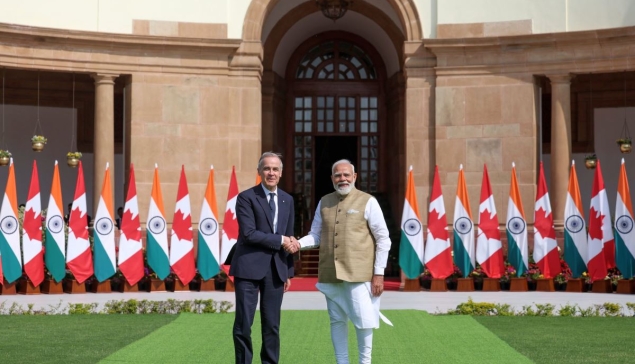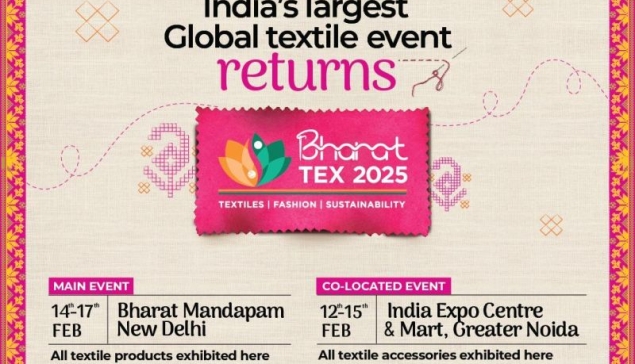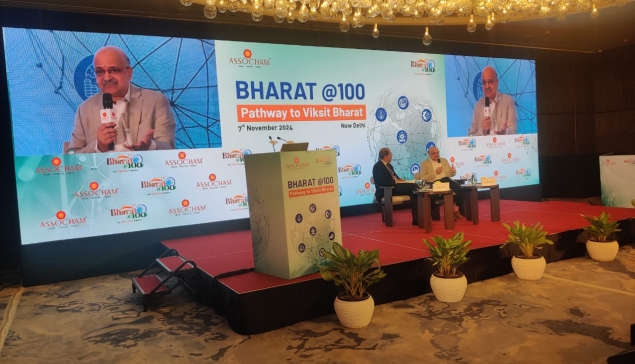The upcoming conference on 12-13 March 2025 in Cologne, Germany, will pave pathways to a sustainable textile industry.
Adopting fossil-free textiles is a crucial strategy for navigating changing market conditions, as consumers and regulations increasingly demand sustainable alternatives to fossil fuel-based fibres.
To stay competitive and meet climate goals, the industry must prioritise innovation and investment in renewable materials, fostering a shift toward a circular economy that reduces environmental impact and reliance on finite resources.
One idea shaping the identity of fibres might be on streamlining fibre terminology by proposing "Cellulose" as a unified standard for man-made cellulosic fibres (MMCFs), such as Viscose, Modal, Lyocell, and Cupro.
Adopting "Cellulose" as a standard term could benefit consumers, industry stakeholders, and the environment by promoting greater transparency and fostering the development of sustainable fibre solutions.
Slow demand growth in the fibres and biosynthetics market can have significant impacts on manufacturing and traditional sales channels.
When demand does not keep pace with production capacity, manufacturers may face excess inventory, which can lead to reduced profit margins and operational inefficiencies. This may prompt manufacturers to cut costs by scaling back production, investing in automation, or seeking partnerships to optimise resource use.
The lyocell market is experiencing rapid growth, driven by rising demand for sustainable textiles and significant investments in production capacity, particularly in China. Global production has tripled since 2018, with major players leading capacity expansion and backward integration into Dissolving Wood Pulp (DWP).
Regulatory pressures and technological advancements are driving down costs, making lyocell increasingly competitive with cotton and viscose. Improved processing and spinning infrastructure are addressing supply chain challenges, enabling broader market acceptance and enhanced availability of lyocell fiber blends. This positions lyocell as a key player in the transition to sustainable textiles.
The European Technology Platform for the Future of Textiles and Clothing (Textile ETP) is the largest European network dedicated to textile research and innovation, established to ensure the long-term competitiveness of the EU textile and clothing industry.
With 300+ member organisations from industry, research, and higher education, and over 1200 registered individual experts, the Textile ETP fosters sustainability, cooperation, and knowledge-sharing through networking, learning, and EU funding access.
Since its creation in 2004 and transformation into an international non-profit association in 2013, Textile ETP has served as a Strategic Connector, Think Tank, and Advocate, promoting collaborative research and driving industrial innovation to address the evolving challenges of the textile sector.

